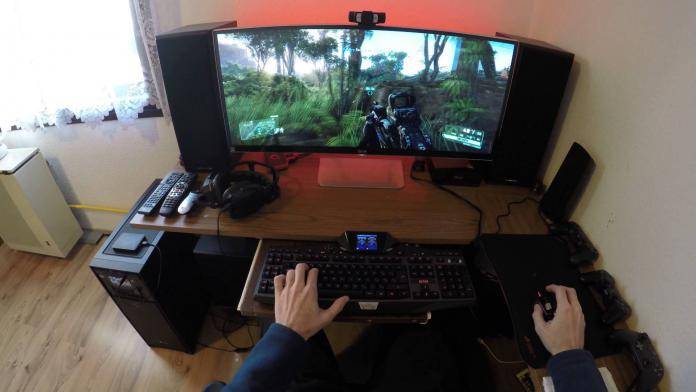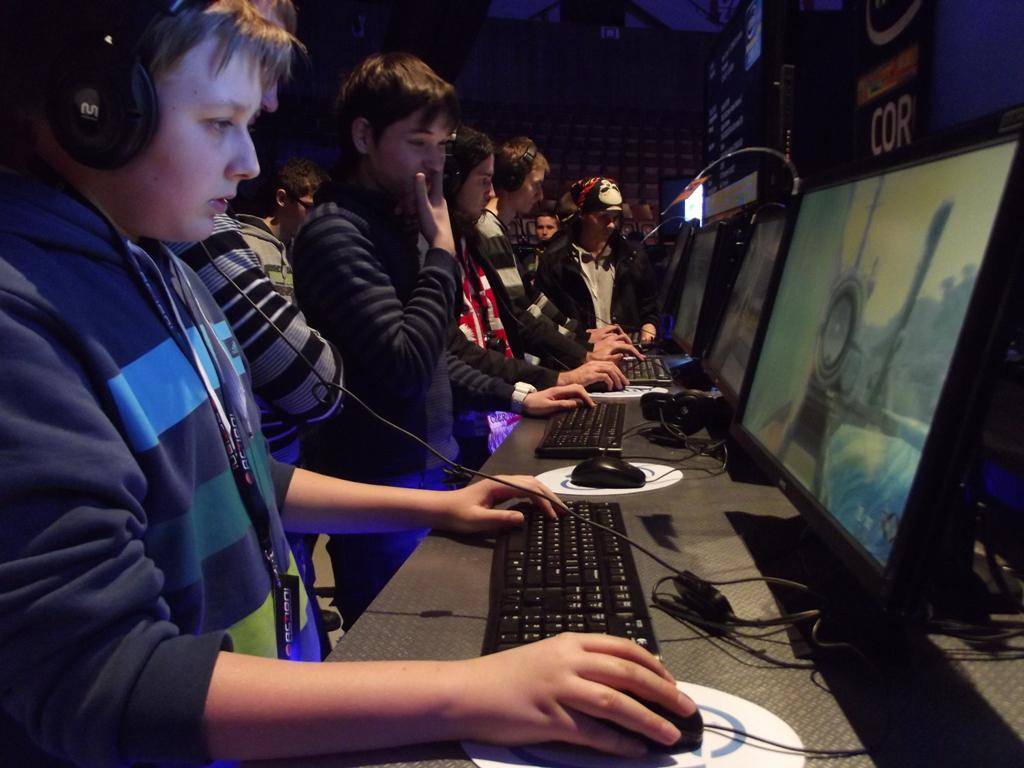
It took a while for them to decide, but the World Health Organization (WHO) has now classified “gaming disorder” as a legitimate type of addiction. The WHO has included those who are “addicted” to gaming as part of the latest version of the International Classification of Diseases (ICD-11), but of course, there are people who don’t agree with them. That said, there are millions of gamers around the world, and we feel that it could be said that some of these gamers are actually addicted to gaming.
According to the WHO, there are three primary criteria which should be seen to evaluate gaming addiction. First, the addiction manifests in impaired control over gaming – that is, the gamer being unable to control the frequency, intensity, or duration of when he/she has gaming sessions. The second criterion sees gamers giving increased priority to gaming, and that it takes precedence over other life interests and daily activities. Lastly, gaming will escalate even if there are negative consequences seen.
Now if you are a gamer and have friends who are into gaming, these criteria may sound eerily familiar. This is because some people actually have less and less control over the gaming part of their lives, and might be at the onset of gaming addiction.
Why some people don’t agree
Some people say that playing games is inherently normal, and people love doing it just like they love watching TV or working out. Calling it an addiction may be far from true, they say. True enough, psychiatrists have been debating this question since connections were drawn between addictions to substances like alcohol or drugs and problems with excessive engagement in pleasurable behaviors like eating, shopping and sex. Is gaming one of these addictive behaviors?

There might be a key distinction, according to those who don’t agree. Dependence on alcohol or drugs, or an addictive behavior like gambling can be treated with abstention or avoidance. By contrast, eating is necessary, sex is key to a healthy romantic relationship, and shopping is virtually impossible to avoid.
In the 21st century, spending time online is pretty much a fact of life as well. That makes abstention or avoidance all but impossible. “Do you tell people you can’t go online or have devices? Because you can’t go online without getting that stimulus they’re seeking,” said Dr. Andrew Saxon, professor of psychiatry and behavioral science at University of Washington’s School of Medicine in Seattle and chair of the APA’s Council on Addiction Psychiatry. “I’m not sure how we go about that. A lot more work would have to be done to look at the treatment.”
Why we believe this is true
There are real studies – most of those have been taken into consideration by the WHO, we believe – that substance addictions and behavioral addictions share the a lot of same brain activities. These brain areas that light up in pleasure with addictive activities like gambling are also the same areas that light up when you play video games.

We believe that the brain’s wiring for pleasure centers react the same way to video gaming, and it is highly possible to “dope” your brain so that it thinks it needs gaming to keep the stimulus up.
But that scientific side of it will pale with personal experiences and acquaintances with people who really have trouble controlling video gaming in their lives. It’s a scary reality, and you will find that a lot of people can pinpoint someone they know who acts like what the WHO has described.
Whether you agree with it or not, it might be more real to ask if you see these symptoms in some people you know. Chances are, you’ve seen it in other people, and maybe even in yourself.
SOURCE: WHO









